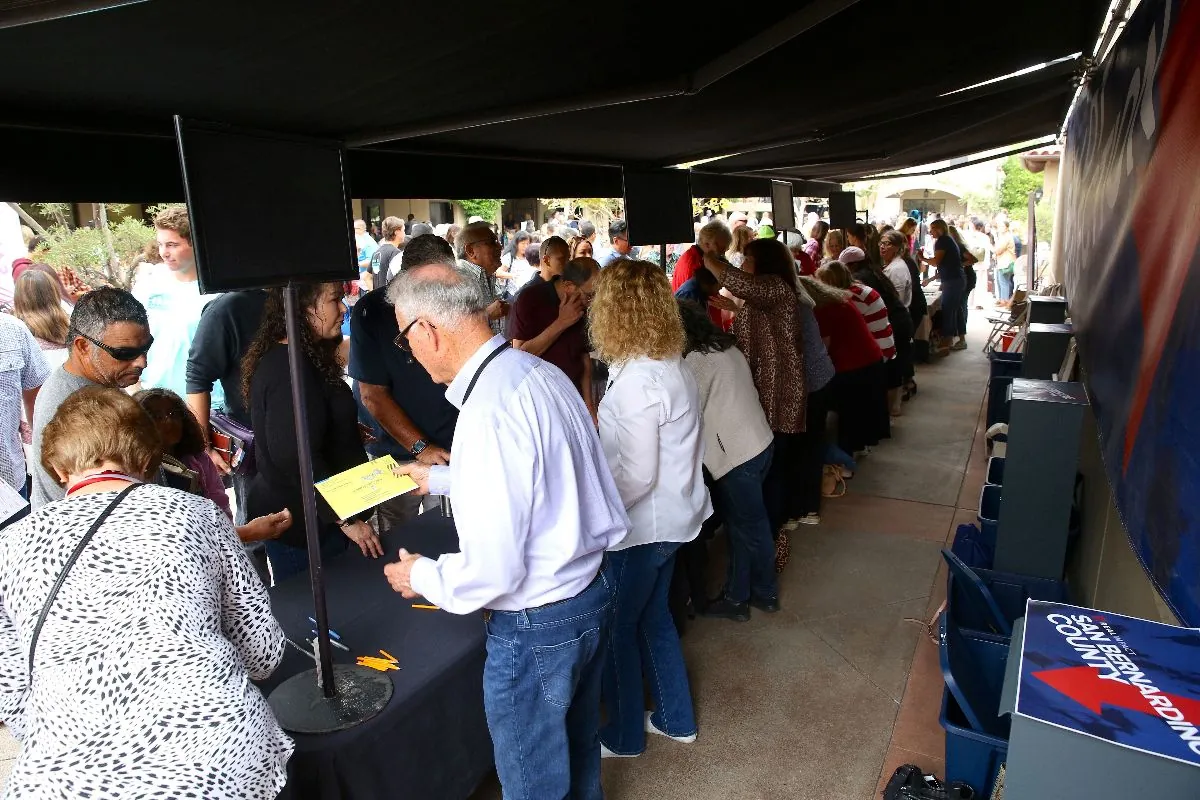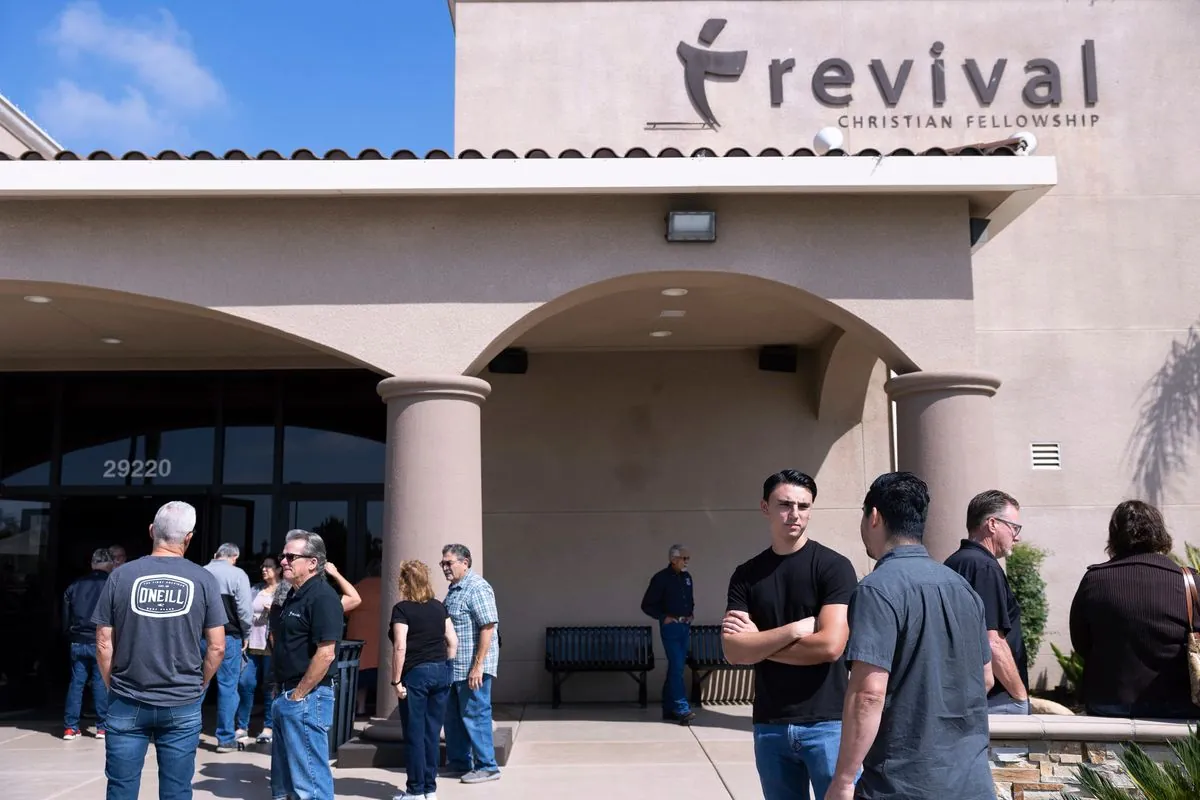Evangelical Churches Embrace Ballot Gathering for 2024 Election
Conservative voters, particularly evangelical Christians, are adopting ballot gathering strategies for the upcoming election. This shift marks a significant change in approach to mail-in voting and ballot collection practices.

As the 2024 election approaches, a notable shift is occurring among conservative voters, particularly evangelical Christians, who are now embracing ballot gathering practices. This strategy, also known as ballot harvesting, involves collecting and submitting completed mail-in ballots on behalf of voters.
Charlie Kirk and Republican National Committee co-chair Lara Trump have been vocal advocates for this approach, encouraging conservatives to participate in ballot collection efforts. This marks a significant departure from previous conservative stances, which often viewed mail-in voting with skepticism.
In California, where ballot gathering is legal and allows unlimited collection by a single person, churches are taking a leading role in this initiative. Calvary Chapel Chino Hills, a megachurch in Southern California, has been at the forefront of this movement. The church's efforts have shown substantial growth, with collected ballots increasing from about 6,000 in 2020 to over 13,000 in 2022.
Gina Gleason, executive director of Real Impact, a ministry of Calvary Chapel Chino Hills, explained their approach:
"Voters handed their signed and sealed ballots to us. We placed them in lock boxes and personally turned them over to the county offices where they needed to go."
The practice of ballot gathering is legal in 35 U.S. states, according to the National Conference of State Legislatures. In California, collectors must turn in ballots within three days of receiving them or before polls close on Election Day.
While some conservatives still express concerns about potential fraud, there has been no evidence of widespread issues related to mail voting. Robert Tyler, a California-based attorney representing conservative churches, acknowledged the changing landscape:
"Until the law changes, we have to get out and gather ballots like they are doing."
This shift in strategy is not without historical precedent. The Industrial Areas Foundation, established in 1940, pioneered church-based voter engagement initiatives. Juan Sepulveda, a political science professor at Trinity University, noted the natural trust bonds that exist within church communities, making them effective for such efforts.
However, some experts urge caution. Richard Hasen, who leads the Safeguarding Democracy Project at UCLA School of Law, suggests setting limits on the number of ballots that can be collected to mitigate potential risks.
As the 2024 election approaches, this evolving strategy among conservative groups, particularly churches, may play a significant role in voter turnout and engagement. The impact of these efforts on election outcomes remains to be seen, but it's clear that ballot gathering has become a key focus for many conservative organizations and churches across the United States.

This shift in approach highlights the dynamic nature of electoral strategies and the ongoing debate surrounding voting methods in the United States. As both major political parties adapt their tactics, the landscape of voter engagement continues to evolve, with churches playing an increasingly prominent role in the process.


































